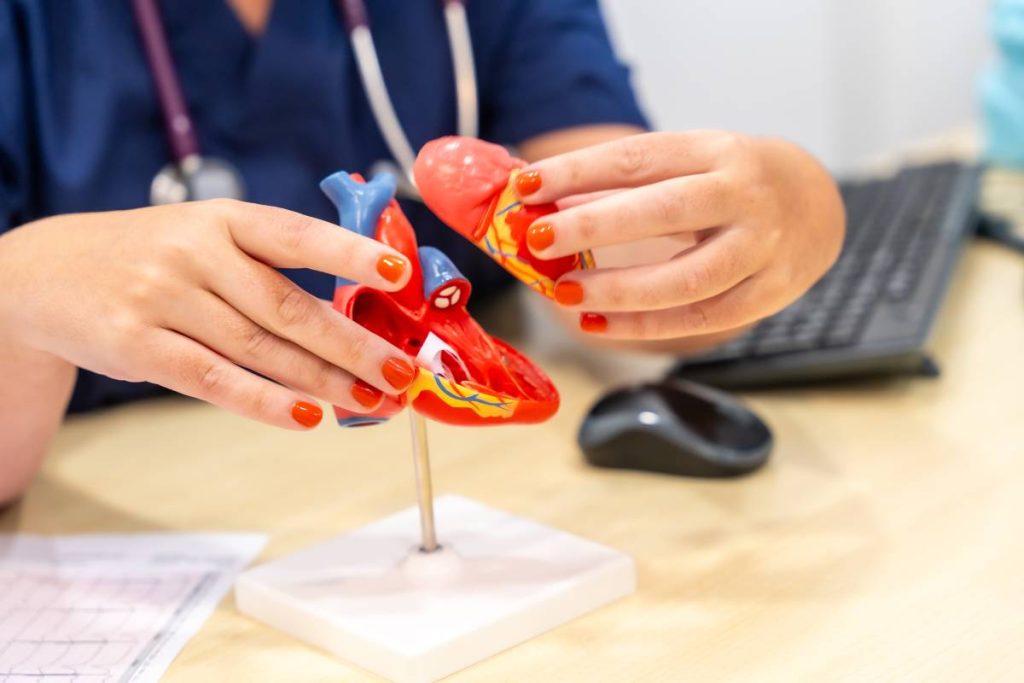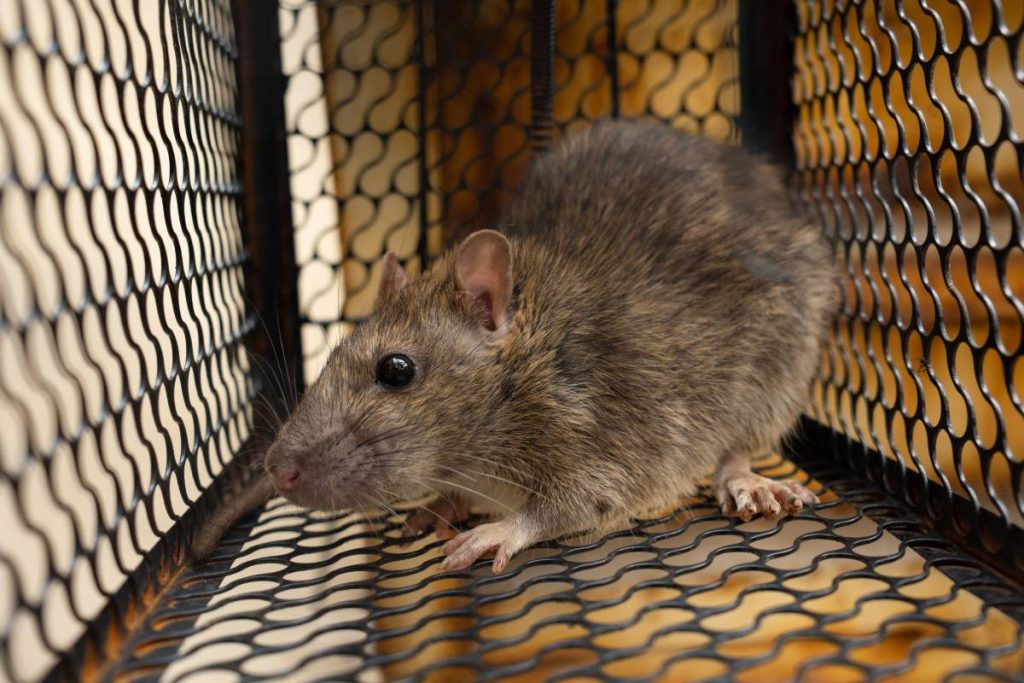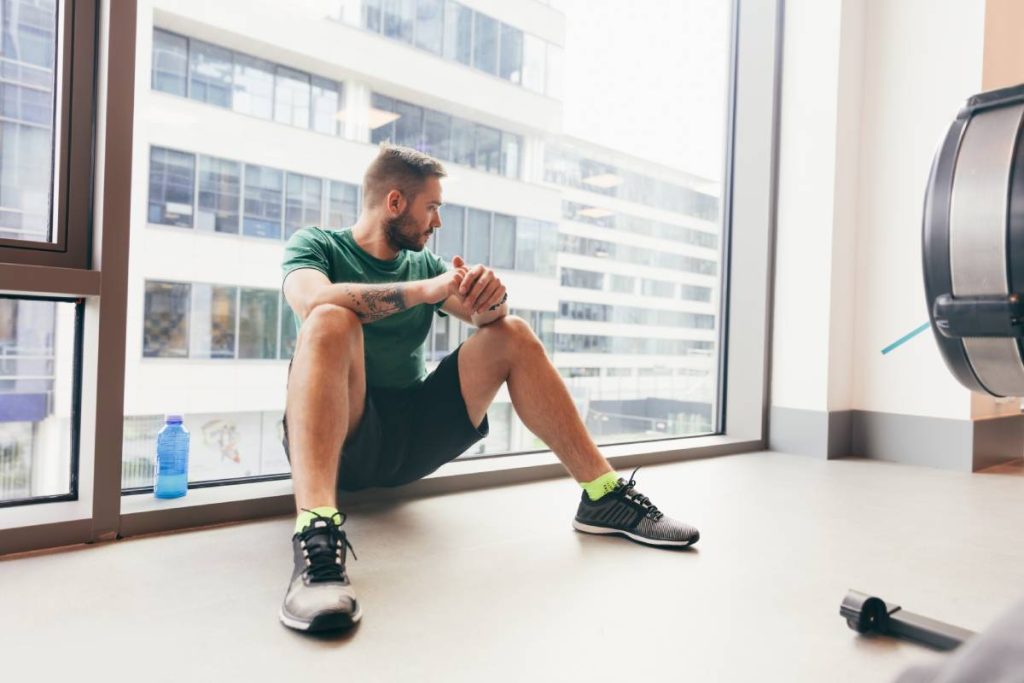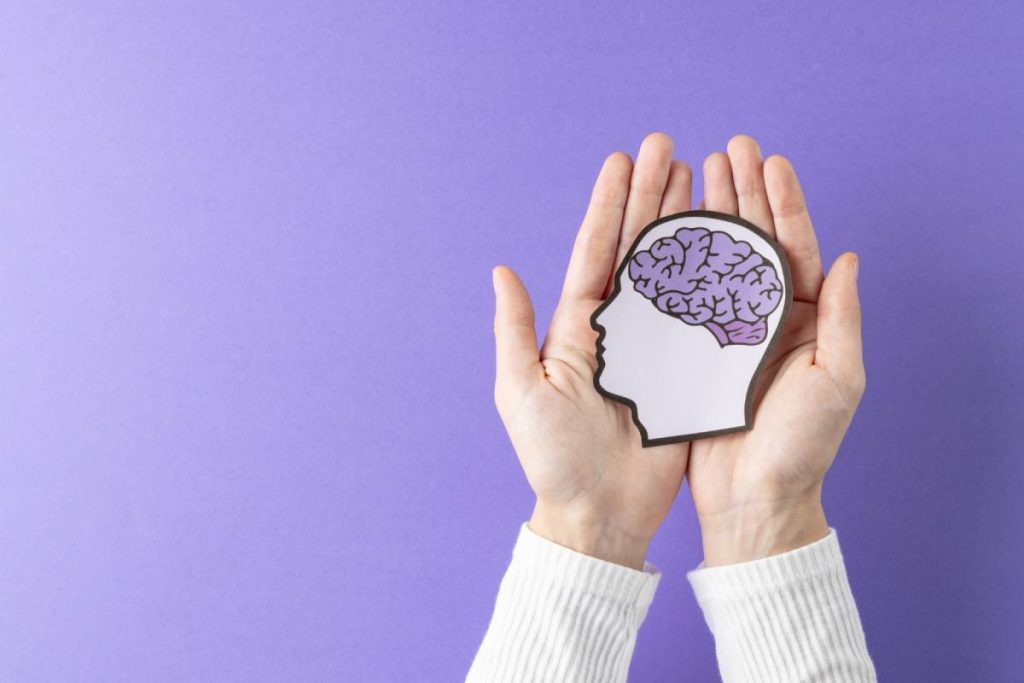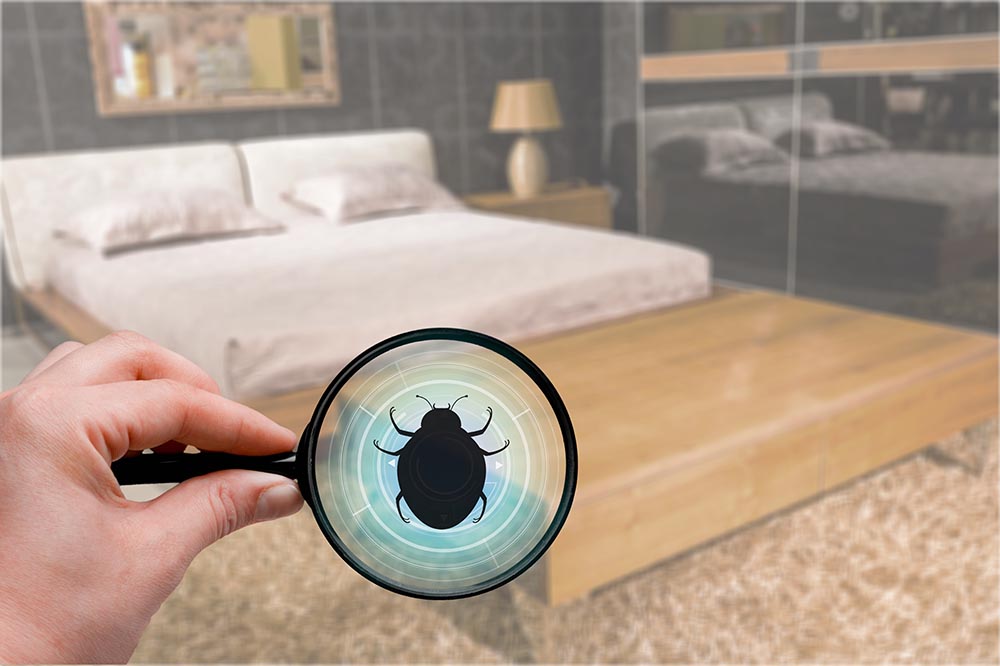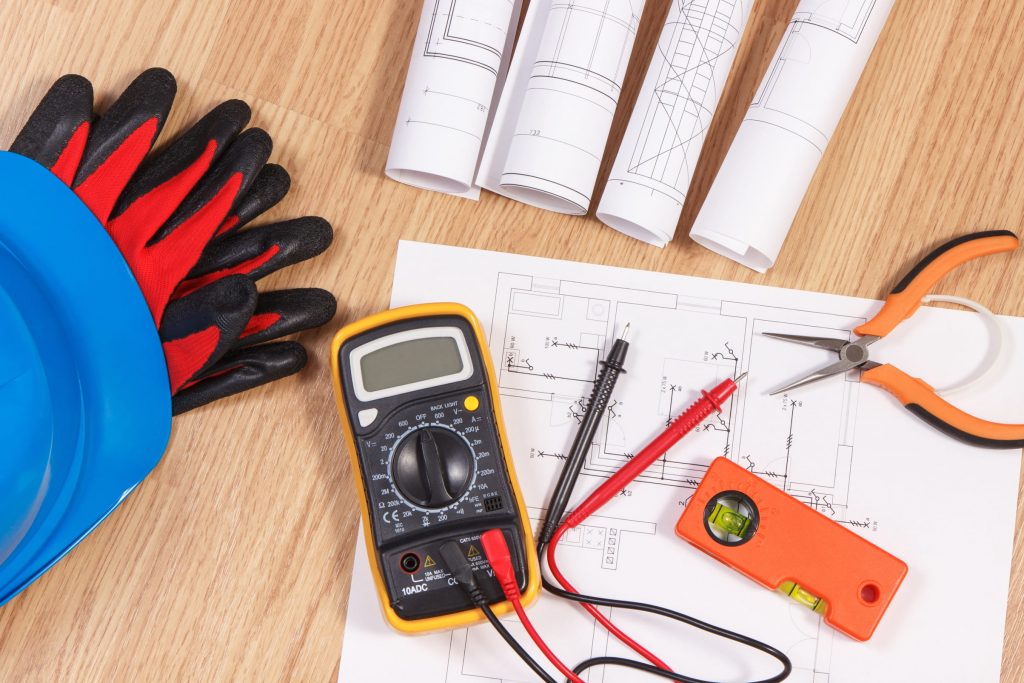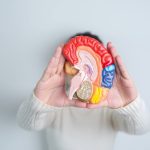11 Reasons to Keep Your Body and Mind Healthy for Yourself
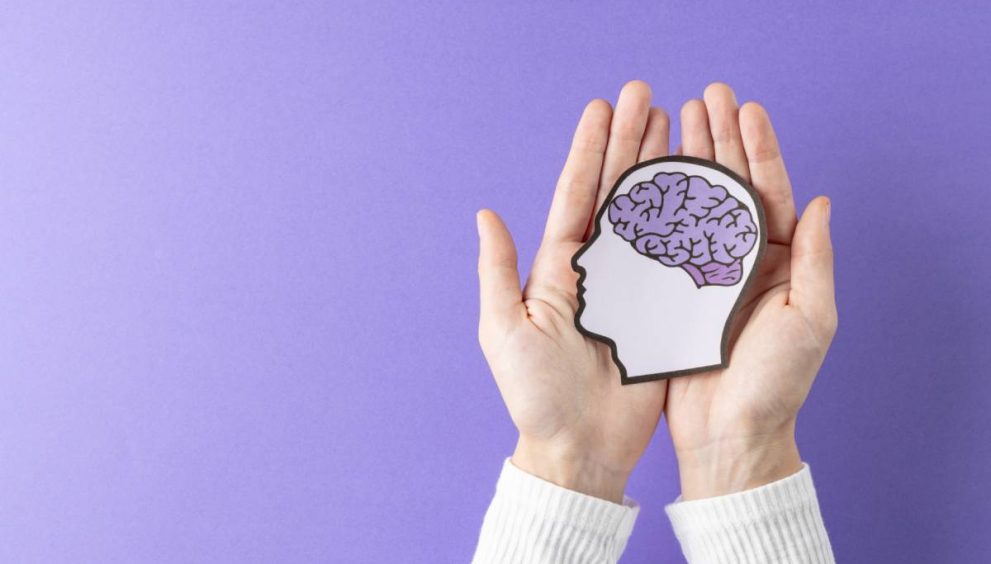
In today’s fast paced world achieving a healthy balance between physical and mental well being is more important than ever.
As demands from work family, and daily responsibilities pile up it becomes easy to overlook health. However by adopting simple mindful habits and prioritizing self care you can create a foundation for a healthier happier life.
This guide provides practical strategies to help you maintain physical fitness enhance mental clarity and achieve overall well being.
How to Stay Healthy Both Physically and Mentally?
In today’s fast paced world, maintaining both physical and mental health is essential for leading a balanced fulfilling life. With increasing demands from work family, and other responsibilities it is easy to neglect health.
However by adopting simple and consistent habits you can ensure a healthier mind and body. Here’s a comprehensive guide on how to stay physically and mentally healthy.
Exercise Regularly
Physical activity is crucial for maintaining a healthy body and mind. Regular exercise helps control weight boosts mood reduces the risk of chronic diseases, and enhances overall energy levels.
Aerobic Exercise
Activities like walking running swimming or cycling improve cardiovascular health and release endorphins that elevate mood.
Strength Training
Lifting weights or using resistance bands strengthens muscles and bones.
Flexibility Exercises
Yoga and stretching routines improve posture reduce muscle tension and enhance mobility.Aim for at least 150 minutes of moderate aerobic activity per week combined with two sessions of strength training.
Eat a Balanced Diet
What you put into your body has a direct impact on your physical and mental well being. A balanced diet provides essential nutrients for your brain and body.
Fruits and Vegetables
Rich in vitamins minerals, and antioxidants.
Whole Grains
Oats, brown rice and whole wheat bread help maintain energy levels.
Lean Proteins
Chicken fish tofu and beans support muscle repair.
Healthy Fats
Avocados nuts seeds and olive oil are essential for brain health.
Hydration
Drink plenty of water to support digestion brain function and energy.Avoid excessive consumption of processed foods sugary snacks and high fat fast foods which can lead to weight gain and mood disorders.
Get Sufficient Sleep
Sleep is essential for repairing and rejuvenating both the body and mind. Poor sleep quality can affect concentration decision making, and mood.
Set a Schedule
Go to bed and wake up at the same time each day.
Create a Relaxing Bedtime Routine
Avoid screens before bed meditate or read.
Environment
Keep the bedroom dark cool and quiet.
Duration
Aim for 7-9 hours of sleep per night.
Manage Stress Effectively
Chronic stress can have serious effects on both physical and mental health including headaches fatigue anxiety and depression.
Mindfulness Practices
Meditation deep breathing and progressive muscle relaxation.
Time Management
Prioritize tasks and set realistic goals.
Seek Support
Talking to friends family or mental health professionals can help alleviate stress.
Stay Connected Socially
Maintaining strong social relationships plays a critical role in mental health.
Build a Support System
Surround yourself with positive supportive people.
Join Groups
Engage in community activities or hobby groups.
Communicate Regularly
Keep in touch with loved ones via phone calls video chats or in person meetings.
Engage in Mental Stimulation
Keeping the brain active helps prevent cognitive decline and boosts mental well being.
Read
Books articles or magazines.
Learn New Skills
Take up a new language musical instrument or hobby.
Puzzles and Games
Sudoku crossword puzzles or memory games.
Practice Gratitude and Positive Thinking
Focusing on positive aspects of life can improve mood and reduce stress.
Gratitude Journaling
Write down three things you’re grateful for each day.
Affirmations
Practice self affirmations to foster self-confidence.
Reframing
Challenge negative thoughts by focusing on solutions and opportunities.
Limit Screen Time and Digital Exposure
Excessive screen time can lead to eye strain poor posture and mental fatigue.
Set Boundaries
Establish screen free zones or times.
Use Blue Light Filters
These reduce strain during prolonged screen use.
Take Breaks
Follow the 20-20-20 rule every 20 minutes look at something 20 feet away for 20 seconds.
Regular Health Check ups
Prevention is better than cure. Regular check ups can detect health issues early.
Physical Examinations
Annual check ups and screenings.
Dental Health
Visit the dentist every six months.
Mental Health
Consult a therapist if you experience prolonged periods of stress or sadness.
What Is Important to Your Mental and Physical Health?
Maintaining both mental and physical health involves a combination of lifestyle factors and habits that support well being. Some of the key elements include:
Nutrition
A well balanced diet fuels the body and mind.
Exercise
Physical activity releases endorphins that boost mood.
Sleep
Quality sleep helps the brain process information and restore energy.
Social Support
Relationships provide emotional security and reduce loneliness.
Stress Management
Techniques like meditation and time management promote resilience.
Mental Stimulation
Keeping the brain engaged fosters cognitive growth.
What Is Something That Is Essential for a Person’s Physical and Mental Health?
Among the many factors that contribute to physical and mental health one stands out as essential balance. Striving for balance across various aspects of life ensures sustained well being.
Work Life Balance
Avoiding overcommitment at work and making time for family friends and leisure activities.
Mind Body Connection
Understanding that mental and physical health are interconnected. For instance exercise not only strengthens the body but also reduces stress and improves mood.
Holistic Wellness
Taking a comprehensive approach by integrating nutrition exercise sleep and mindfulness.
Adaptability
Being open to change and able to cope with life’s challenges.
Purpose
Having a sense of purpose in life contributes to both mental and physical resilience.By cultivating awareness and adopting practical strategies, anyone can thrive in today’s dynamic world. Balancing these elements will help you live a healthier happier life.
Travel
Exploring new places and cultures can reduce stress enhance well being and promote self discovery. By adopting practical easy travel tips, such as planning ahead, packing light, staying hydrated and embracing local experiences you can thrive in today’s fast paced world, leading to a healthier happier life.
Conclusion
Maintaining both physical and mental health is essential for leading a balanced and fulfilling life. By adopting consistent habits such as regular exercise a nutritious diet quality sleep stress management and social connection you can foster a healthier body and a clearer mind.
Remember that small mindful changes can have a lasting impact on your well being. Strive for balance prioritize self care and stay adaptable to life’s challenges. With these strategies you can navigate the complexities of modern life with resilience, positivity and good health.

 English
English 













